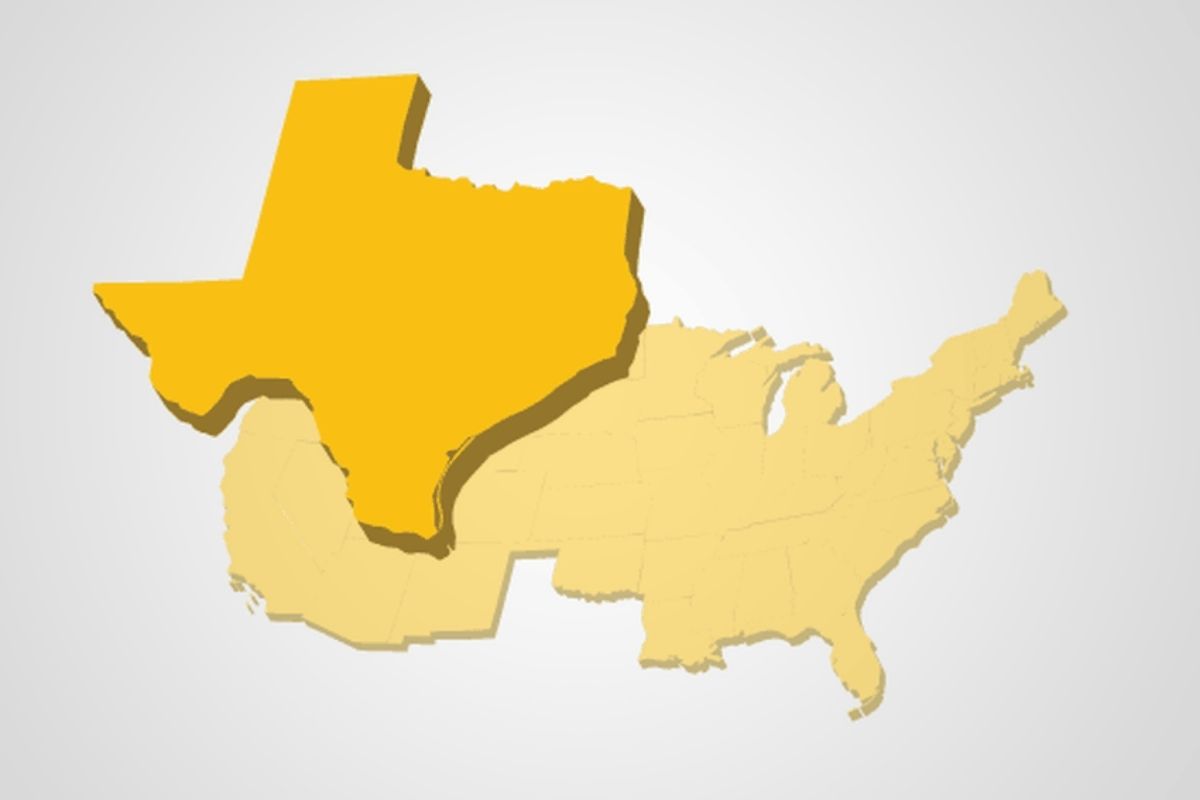Slavery – Chế độ Nô lệ thường liên quan đến việc người bị bắt làm nô lệ phải thực hiện một số hình thức công việc. Trong lịch sử, khi mọi người bị bắt làm nô lệ, thường là do họ mắc nợ, hoặc vi phạm pháp luật, hoặc chịu một thất bại quân sự, và thời gian bị nô lệ của họ là suốt đời hoặc trong một khoảng thời gian cố định và sau đó được tự do.
Khi đó, các cá nhân thường trở thành nô lệ không tự nguyện, do bị ép buộc hoặc cưỡng bức, mặc dù cũng có nô lệ tự nguyện để trả nợ hoặc lấy tiền cho một số mục đích. Trong quá trình lịch sử loài người, chế độ nô lệ là một đặc điểm tiêu biểu của nền văn minh, và hợp pháp ở hầu hết các xã hội, nhưng hiện nay nó bị đặt ngoài vòng pháp luật ở tất cả các quốc gia trên thế giới, trừ khi bị trừng phạt vì tội ác.
Vào năm 2019, khoảng 40 triệu người, trong đó 26% là trẻ em, đã bị bắt làm nô lệ trên khắp thế giới mặc dù điều đó là bất hợp pháp. Trong thế giới hiện đại, hơn 50% số người bị nô lệ cung cấp lao động cưỡng bức, thường là trong các nhà máy và xưởng đổ mồ hôi của khu vực tư nhân trong nền kinh tế của một quốc gia.
Ở các nước công nghiệp, buôn bán người là một hình thức nô lệ thời hiện đại; ở các nước công nghiệp phát triển, nô lệ hóa bằng nợ nần là một hình thức phổ biến của việc nô dịch một người, chẳng hạn như những người giúp việc gia đình bị giam cầm, kết hôn cưỡng bức và những người lính trẻ em.
Cùng trẻ tìm hiểu về những từ vựng tiếng Anh chủ đề Slavery – Chế độ Nô lệ dưới đây nhé!
Từ vựng chủ đề Slavery – Chế độ Nô lệ
assassinate (v): ám sát
To end a life in a surprise attack for religious or political reasons
→ O’Higgins was assassinated by a Republican gunman on 10 July 1927.

—
blockade (n): sự phong tỏa
An act of sealing off a place or area that prevents people or goods from coming in or leaving out
→ Despite the United States blockade, Cuba’s social and economic prospects continued to improve.

—
abolitionism (n): chủ nghĩa bãi nô
The doctrine that calls for the abolition of slavery
→ By means of an analytical reading, this paper proposes a hypothesis on the relationship between slavery, abolitionism and the discourse of political liberty.

—
fugitive (n): người bỏ trốn
A person who has escaped from somewhere in which they were held captive or are in hiding
→ This programme has involved the distribution of posters depicting the fugitives and the public dissemination of audio and video materials.

—
recruit (v): tuyển
To convince someone to join in the armed forces
→ In 1837, the American Anti-Slavery Society recruited him as an officer and corresponding secretary and he moved his family to New York.

—
secede (v): ly khai
To remove oneself or to withdrawal formally from the membership in a federal alliance, an organization, or a union
→ In January 1861, Missouri called a convention to determine whether it would follow the lead of other pro-slavery states and secede from the Union.

—
reconstruction (n): sự xây dựng lại, tái thiết lại
To replace something that has been damaged or destroyed by rebuilding
→ So that’s been a mantra that existed even from the time of post slavery reconstruction, and was actually used as a method, or at least a justification for a lynch mob of violence perpetrated amongst blacks.

—
reveille (n): hiệu đánh thức buổi sáng
A way in which the armed forces personnel are awakened with a signal on a bugle or drum
→ The soldiers, particularly the mule-riding infantry, were fatigued from the previous day’s 35 miles (56 km) march and the early morning reveille at 3:00 a.m.

—
inflation (n): sự lạm phát
A general fall in the purchasing power of money due to rising prices
→ Looking at the period between 1996 and 2006, consumer price inflation in Latvia followed a broad downward trend until 2002.

—
emancipation (n): sự giải phóng
Freeing someone from the control of another person or organization
→ Slavery and emancipation of slaves were not in the curriculum for some countries.

—
surrender (v): đầu hàng, từ bỏ
Cease resistance to an enemy
→ After they surrendered, most of the men were executed, while the rest were sold into slavery.

—
segregation (n): sự tách biệt
The action of setting someone apart from others
→ Schools often provide different training for boys and girls and therefore largely initiate the horizontal type of segregation.

—
siege (n): sự vây hãm, cuộc vây hãm
An operation of the military or police in which enemies surround a town to cut off supplies and force a surrender
→ He continued his attendance at Ben-Zakkai’s college until near the close of the siege of Jerusalem, when he and Joshua assisted in smuggling their master out of the city and into the Roman camp.

